Menopause is a natural transition that every woman experiences, signaling the end of their reproductive years.
This milestone can bring about a range of physical and emotional changes, often leaving women seeking effective ways to manage the associated symptoms.
In this blog article, we will explore the various treatments available for managing menopause, empowering women to make informed decisions and take control of their well-being during this transformative time.
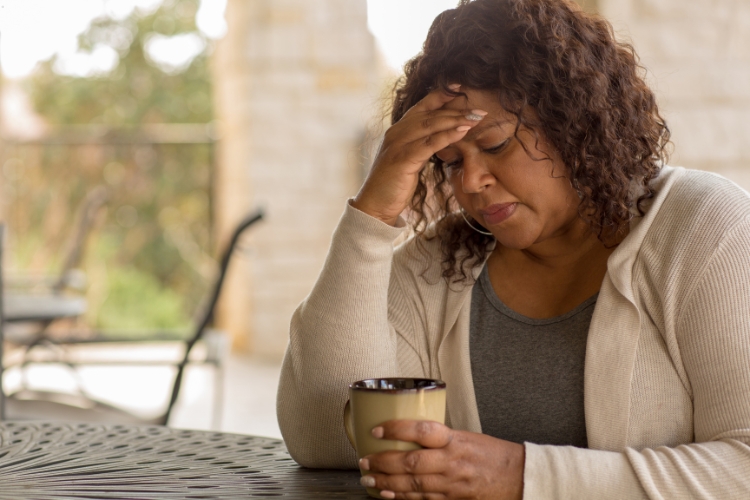
Understanding Menopause
Menopause is defined as the permanent cessation of a woman’s menstrual cycles, typically occurring between the ages of 45 and 55. During this time, the ovaries gradually produce less estrogen and progesterone, the primary female hormones responsible for regulating the menstrual cycle. This hormonal shift can lead to a variety of symptoms, including:
- Hot flashes
- Night sweats
- Vaginal dryness
- Mood changes
- Sleep disturbances
- Decreased libido
- Osteoporosis risk
Navigating the challenges of menopause can be daunting, but with the right approach and understanding of the available treatments, women can find relief and improve their quality of life.
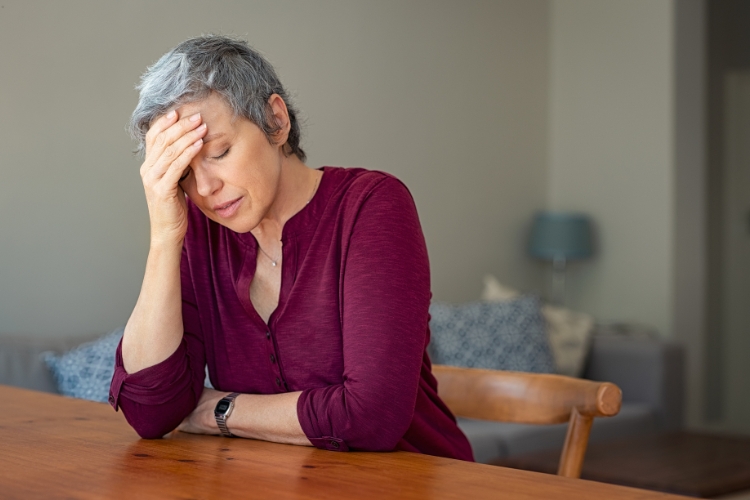
Hormone Replacement Therapy (HRT)
Hormone replacement therapy (HRT) is one of the most common and effective treatments for managing menopausal symptoms. HRT involves the use of synthetic or bioidentical hormones, such as estrogen and progesterone, to supplement the body’s declining hormone levels.
1. Types of HRT
There are several different types of HRT, each with its unique benefits and considerations. These include:
- Systemic HRT
- Oral HRT (tablets)
- Transdermal HRT (patches, gels, or sprays)
- Vaginal HRT (creams, rings, or tablets)
- Local HRT
- Vaginal estrogen therapy
2. Benefits of HRT
HRT can provide a range of benefits for women experiencing menopausal symptoms, including:
- Relief from hot flashes and night sweats
- Improvement in mood and sleep quality
- Reduction in the risk of osteoporosis
- Alleviation of vaginal dryness and related discomfort
3. Risks and Considerations
While HRT can be highly effective, it is essential to understand the potential risks and discuss them with a healthcare provider. Factors such as the type of HRT, the dose, and the individual’s medical history can influence the risk-benefit ratio. Some potential risks associated with HRT include:
- Increased risk of breast cancer (with long-term use)
- Increased risk of blood clots and stroke
- Gallbladder disease
- Liver problems
Women must work closely with their healthcare providers to weigh the potential benefits and risks of HRT and to determine the most appropriate treatment plan.
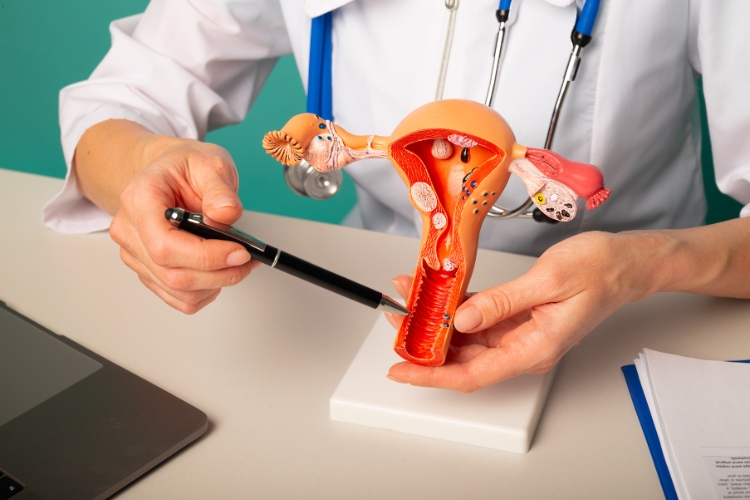
Nonhormonal Treatments
For women who are unable or unwilling to use HRT, or for those with certain medical conditions, there are several nonhormonal treatment options available to manage menopausal symptoms.
1. Lifestyle Modifications
Making lifestyle changes can be an effective way to alleviate some menopausal symptoms without the use of medications. These may include:
- Practicing stress management techniques, such as meditation or yoga
- Maintaining a healthy diet and regular exercise routine
- Avoiding triggers for hot flashes, such as spicy foods, alcohol, and caffeine
- Ensuring adequate sleep and rest
2. Dietary Supplements
Certain dietary supplements have been studied for their potential to alleviate menopausal symptoms. Some of the most commonly used supplements include:
- Phytoestrogens (e.g., soy, black cohosh, red clover)
- Omega-3 fatty acids
- Vitamin E
- Calcium and vitamin D
It is essential to consult with a healthcare provider before starting any supplement regimen, as some supplements may interact with medications or have potential side effects.
3. Prescription Medications
In addition to lifestyle changes and dietary supplements, several prescription medications can be used to manage menopausal symptoms, including:
- Antidepressants (e.g., selective serotonin reuptake inhibitors, or SSRIs)
- Gabapentin or pregabalin (for hot flashes)
- Low-dose antidepressants (for mood changes and sleep disturbances)
- Ospemifene (for vaginal dryness)
These medications can be particularly useful for women who are unable to use HRT or for whom HRT is not recommended.
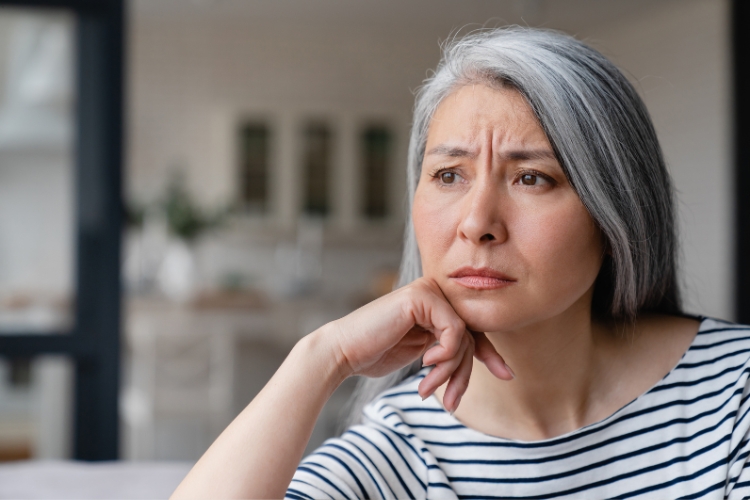
Complementary and Alternative Therapies
In addition to traditional medical treatments, many women turn to complementary and alternative therapies to manage menopausal symptoms. While the scientific evidence for the effectiveness of these treatments is often limited, some women find them helpful in alleviating certain symptoms.
1. Acupuncture
Acupuncture, a traditional Chinese medicine practice, has been studied for its potential to reduce the frequency and severity of hot flashes and other menopausal symptoms.
Some research suggests that acupuncture may help regulate the body’s temperature control mechanisms and alleviate associated discomfort.
2. Herbal Remedies
Certain herbs and botanical supplements, such as black cohosh, red clover, and evening primrose oil, have been used for centuries to address menopausal symptoms. However, the scientific evidence for their efficacy is mixed, and it is essential to consult with a healthcare provider before using these products.
3. Mind-Body Practices
Practices such as yoga, meditation, and deep breathing exercises may help manage the emotional and psychological aspects of menopause, including mood changes, stress, and anxiety. These techniques can promote relaxation, improve sleep, and enhance overall well-being.
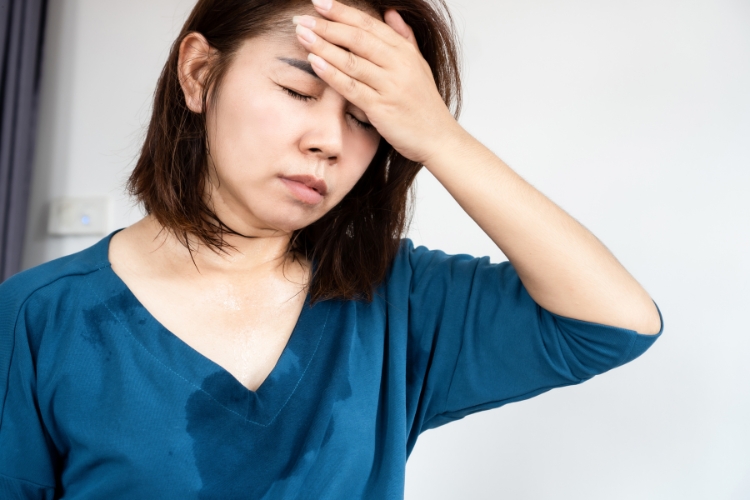
Navigating the Menopause Journey
Menopause is a unique experience for every woman, and the path to managing its effects may involve a combination of treatments and strategies. By working closely with their healthcare providers, women can explore the available options and develop a personalized plan that addresses their specific needs and preferences.
1. Shared Decision-Making
Effective management of menopausal symptoms often requires open communication and shared decision-making between the patient and their healthcare provider. Women should feel empowered to:
- Discuss their symptoms and concerns openly
- Ask questions about the various treatment options
- Collaborate with their provider to determine the most appropriate course of action
2. Monitoring and Adjusting Treatment
Menopause is a dynamic process, and women may need to adjust their treatment plan over time as their symptoms and needs change.
Regular check-ins with a healthcare provider, as well as monitoring the effectiveness of the chosen treatments, are crucial for ensuring optimal management of menopausal symptoms.
3. Emotional and Social Support
Navigating the emotional and social aspects of menopause can be just as important as managing the physical symptoms.
Connecting with support groups, counseling, or mental health professionals can help women cope with the psychological and interpersonal challenges that may arise during this transition.
Conclusion
Menopause is a natural, yet sometimes challenging, phase in a woman’s life. By understanding the various treatment options available and working closely with their healthcare providers, women can find effective ways to manage the symptoms of menopause and maintain their overall well-being.
Whether through hormone replacement therapy, nonhormonal treatments, or complementary and alternative therapies, there are numerous pathways to alleviate the discomfort and challenges associated with this transition, empowering women to embrace this new chapter with confidence and resilience.
Table of Understanding Menopause Symptoms
| Symptom | Description |
|---|---|
| Hot Flashes | Sudden feelings of intense body heat, flushing, and sweating |
| Night Sweats | Excessive sweating during sleep, often leading to waking up damp or soaked |
| Vaginal Dryness | Decreased lubrication and elasticity of the vaginal walls, leading to discomfort and pain during intercourse |
| Mood Changes | Fluctuations in mood, including increased irritability, anxiety, and depression |
| Sleep Disturbances | Difficulty falling asleep, staying asleep, or experiencing poor sleep quality |
| Decreased Libido | Reduced sexual desire and interest |
| Osteoporosis Risk | Increased risk of bone loss and fractures due to decreased estrogen levels |
FAQs:
- What are the most common symptoms of menopause?
The most common symptoms of menopause include hot flashes, night sweats, vaginal dryness, mood changes, sleep disturbances, decreased libido, and an increased risk of osteoporosis. These symptoms are caused by the gradual decline in the body’s production of the essential female hormones, estrogen and progesterone. - Is hormone replacement therapy (HRT) safe for managing menopausal symptoms?
Hormone replacement therapy (HRT) can be an effective treatment for managing menopausal symptoms, but it does carry some risks, such as an increased risk of breast cancer with long-term use, blood clots, and stroke. The risks and benefits of HRT should be carefully weighed with your healthcare provider, taking into account your individual medical history and preferences. - What are some nonhormonal treatment options for managing menopause?
In addition to HRT, there are several nonhormonal treatments that can help alleviate menopausal symptoms, including lifestyle modifications (e.g., stress management, healthy diet, and exercise), dietary supplements (e.g., phytoestrogens, omega-3s, and vitamin E), and prescription medications (e.g., antidepressants, gabapentin, and ospemifene). - Can complementary and alternative therapies help with menopause management?
Some women find that complementary and alternative therapies, such as acupuncture, herbal remedies, and mind-body practices, can provide additional support in managing menopausal symptoms. However, the scientific evidence for their effectiveness is often limited, and it’s essential to consult with a healthcare provider before using these treatments, as they may interact with medications or have potential side effects.

